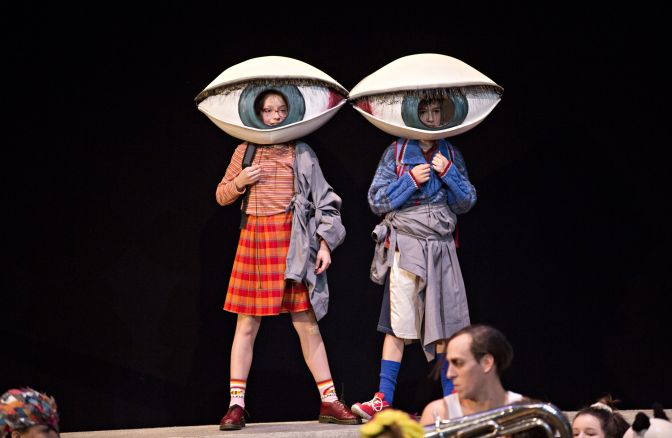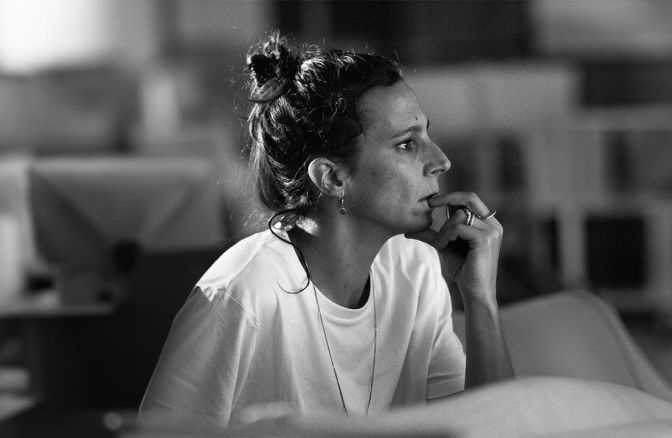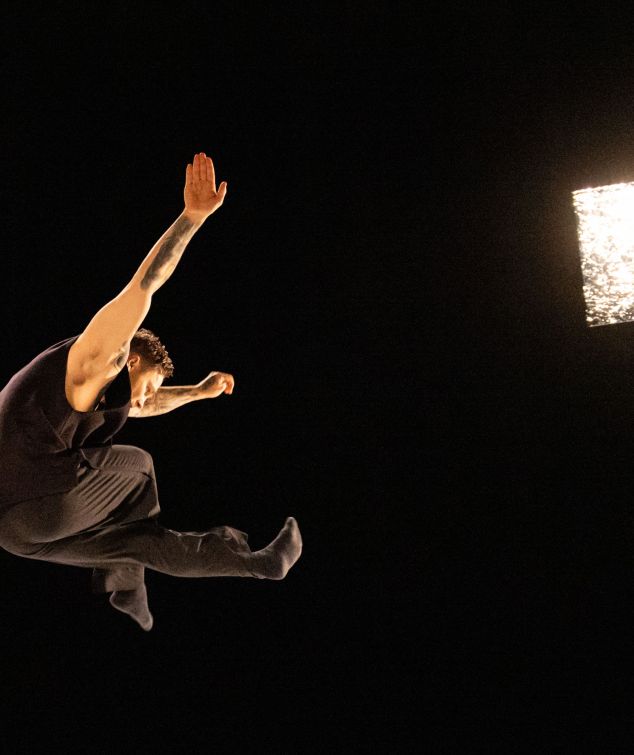Brundibár
- An opera by
- Hans Krása
- Musical director
- Stage director
Children’s Chorus and Orchestra of the Opéra de Lyon
- Dates May 22 - Jun 1, 2024
- Rates From 14€ to 27€
- Location Théâtre de La Renaissance - Oullins-Pierre-Bénite, Théâtre Théo Argence - Saint-Priest
- Running Time 1h with no interval
- Age 8 and above
In a few words
How can children and a couple animals defeat a tyrant? By joining forces, brains and courage. For Jeanne Candel, who directed this opera made by and for children, “Brundibár is first and foremost an experience of resistance.” .
Introductory
Cast
More images
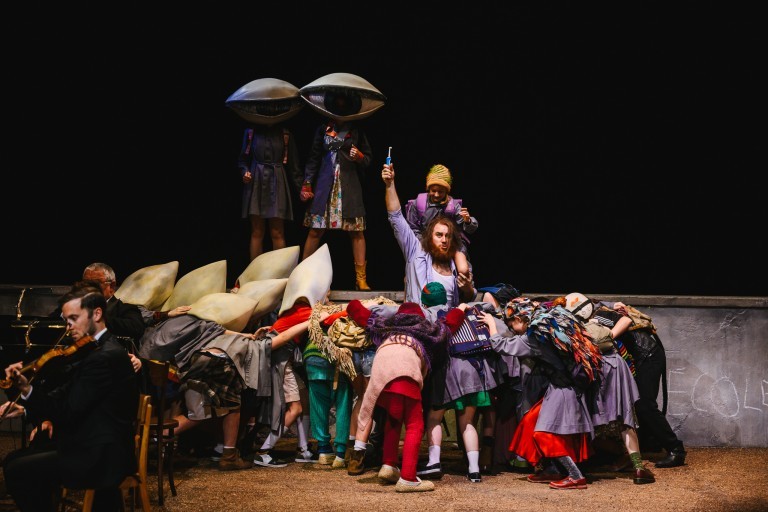
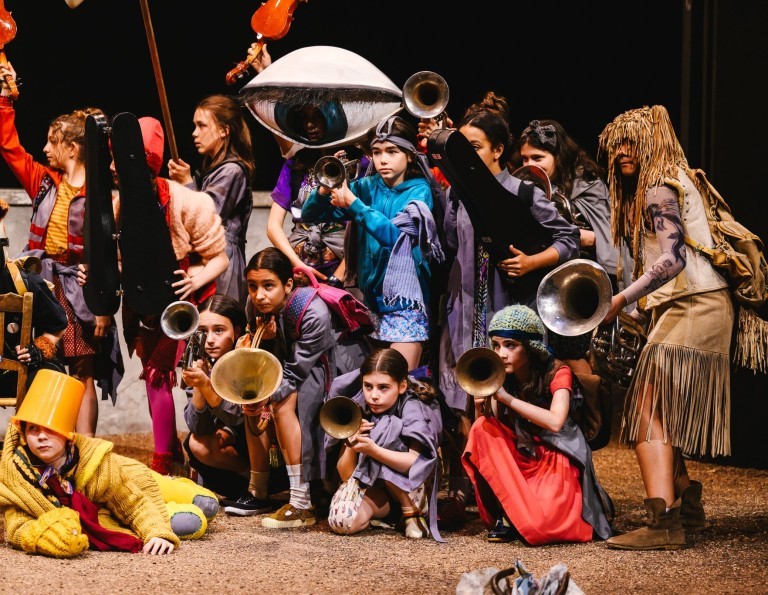
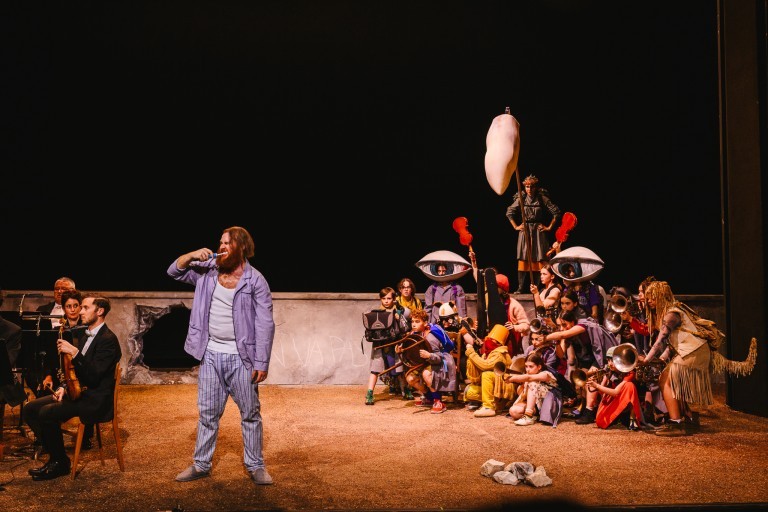
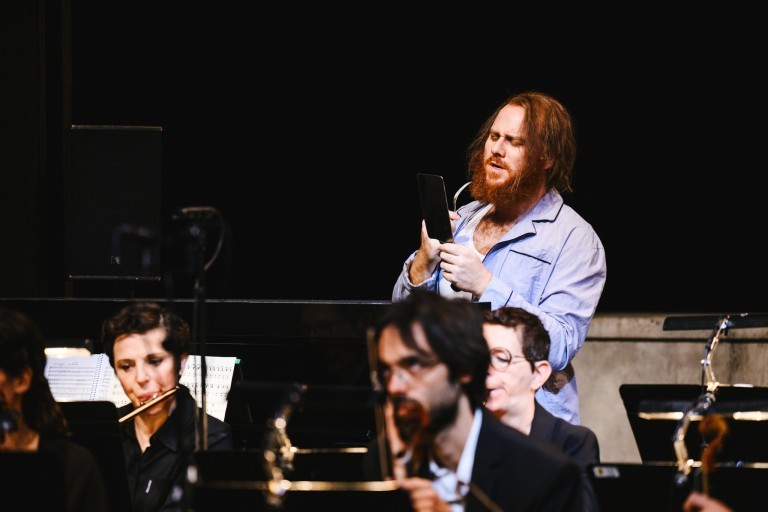
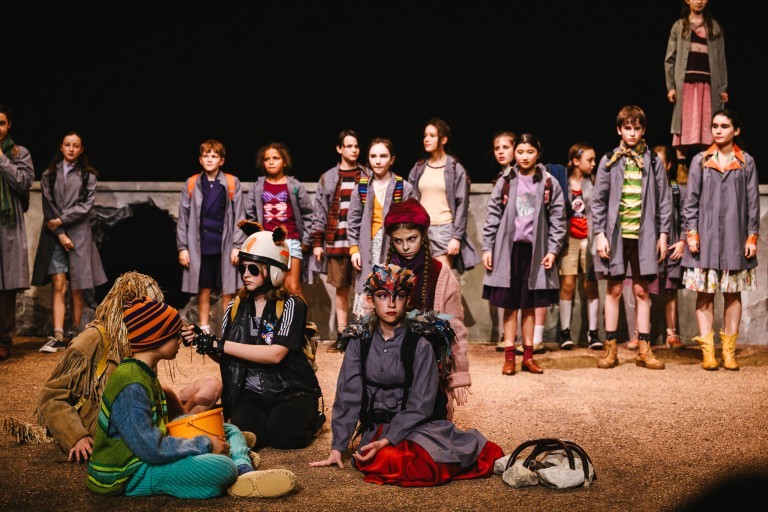
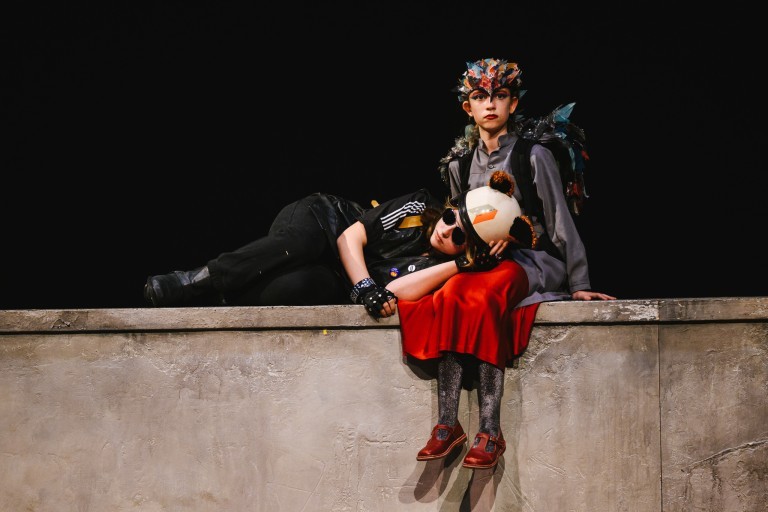
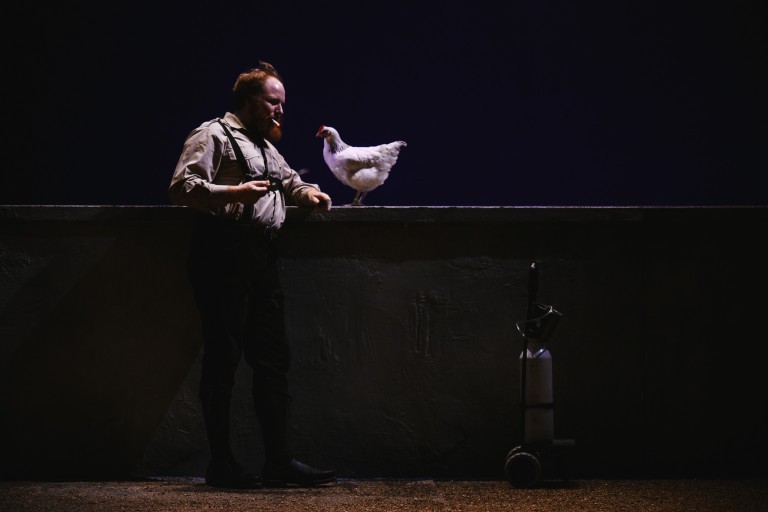
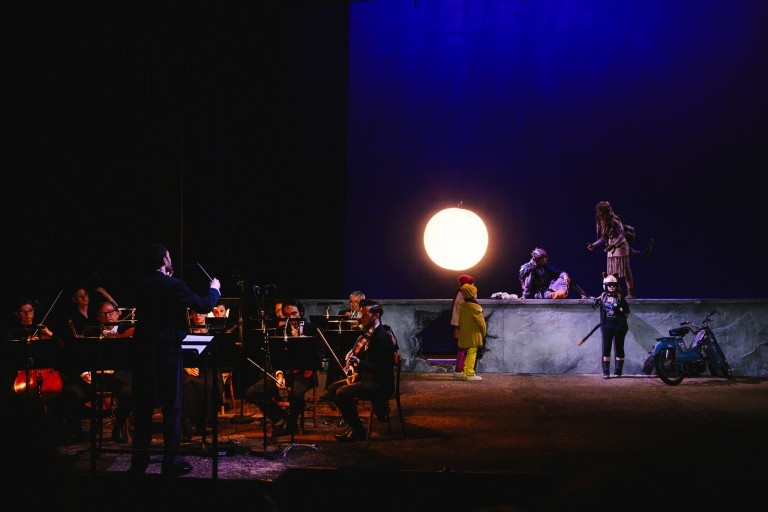
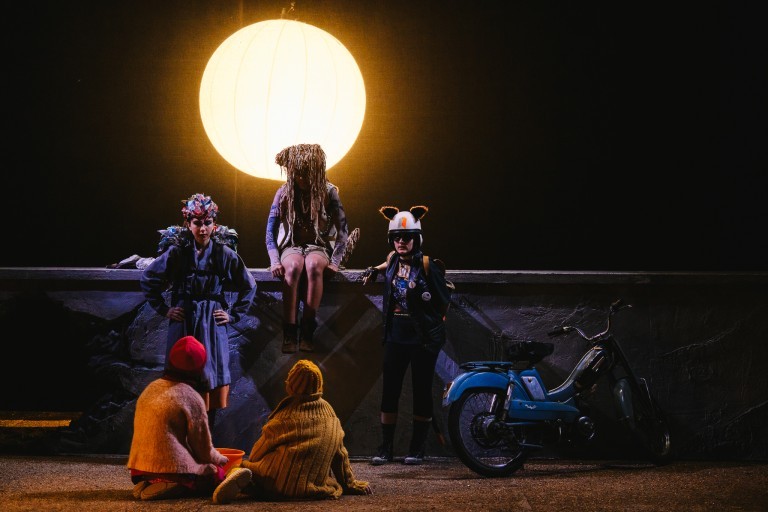
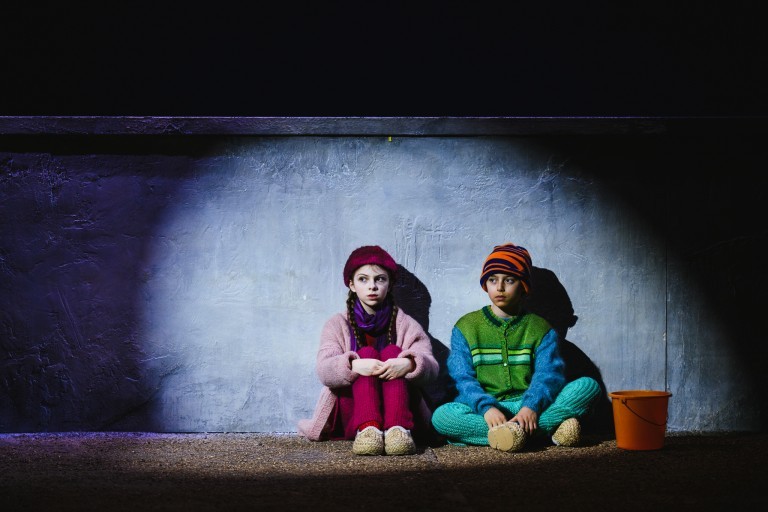
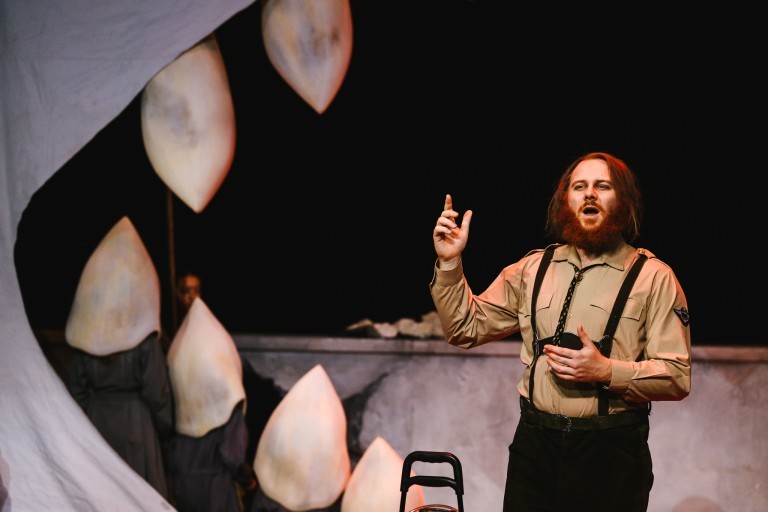
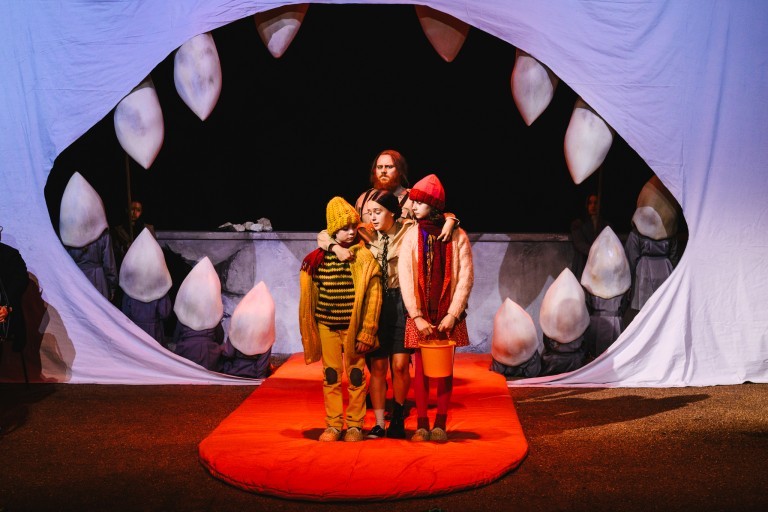
See, Listen, Read
You may also like
Soutenir l'Opéra
Engagez-vous et contribuez à la concrétisation de ses missions et de ses projets
